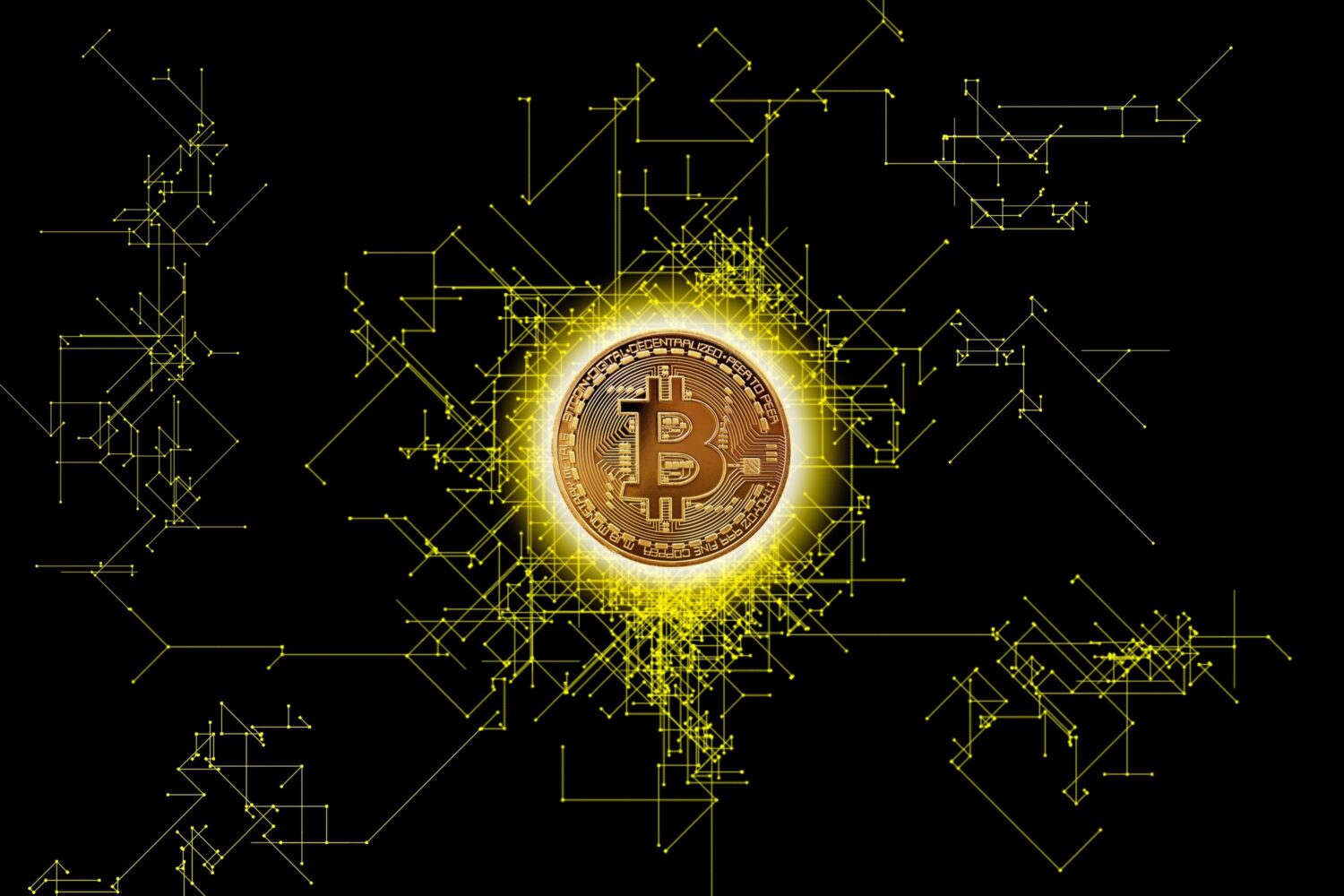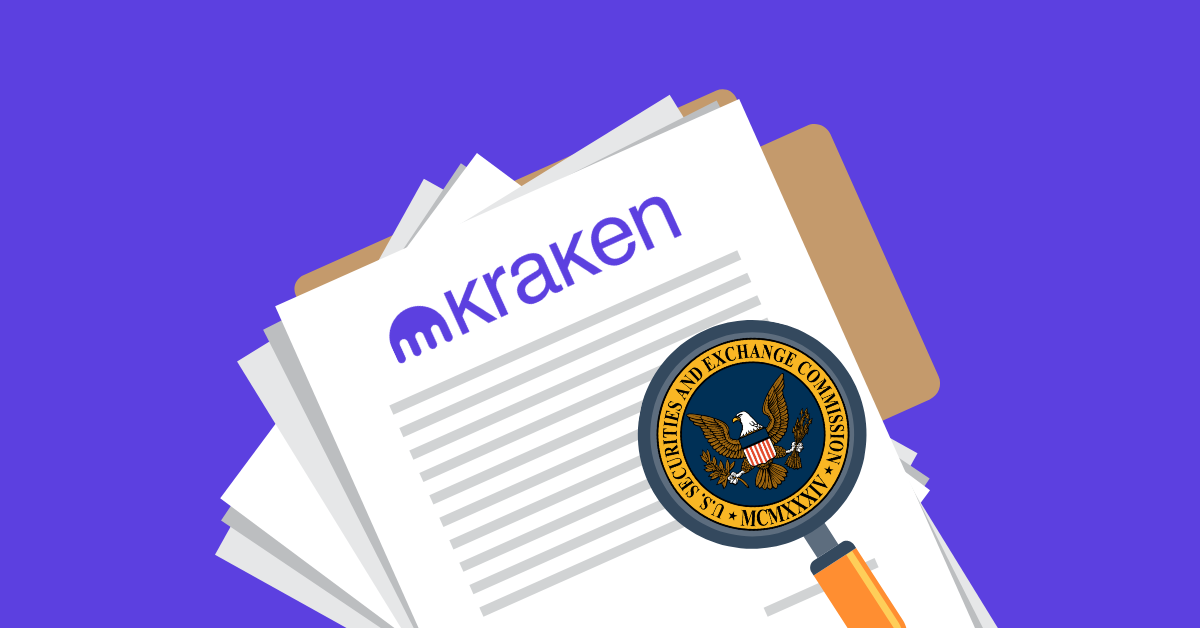
The dust has settled after Bitcoin’s highly anticipated fourth block reward halving, with the world’s most popular cryptocurrency clinging to the $63,700 mark. This event, which cuts the number of new Bitcoins awarded to miners by 50%, has historically been a catalyst for price surges. While a significant jump hasn’t materialized yet, analysts remain cautiously optimistic about Bitcoin’s future trajectory.
The halving, which took place on April 19th, 2024, sliced the miner reward from 6.25 BTC to 3.125 BTC. This programmed scarcity is a fundamental tenet of Bitcoin’s design, aiming to mimic the finite supply of precious metals like gold. In theory, a reduced supply with consistent demand should drive prices upwards.
However, the immediate aftermath of the halving has been marked by relative stability. This could be due to several factors. Firstly, some analysts believe the market may have already “priced in” the halving, meaning the anticipation of the event had already been reflected in Bitcoin’s price leading up to it.
Secondly, there’s a growing focus on Bitcoin’s utility beyond just a store of value. The Ordinals protocol, which allows for non-fungible tokens (NFTs) to be inscribed directly onto the Bitcoin blockchain, has sparked excitement and could potentially attract new users and investment.
“This is the first halving in which major U.S. asset managers are actively educating themselves and their clients about Bitcoin,” said Alex Thorn, head of research at Galaxy Digital. “There’s a growing recognition of Bitcoin’s potential as a hedge against inflation and a long-term investment.”
While the short-term price action might be muted, the halving’s long-term impact remains to be seen. Historically, significant price increases have followed halving events. After the May 2020 halving, for example, Bitcoin went on a meteoric rise, surging from $9,500 to a peak of over $65,000 within a year.
This time around, the macroeconomic environment is different. Inflation concerns and potential interest rate hikes by the Federal Reserve could create headwinds for Bitcoin. However, proponents argue that Bitcoin’s unique characteristics, particularly its decentralization and limited supply, could make it an attractive asset class in times of economic uncertainty.
One key metric to watch in the coming weeks and months will be miner behavior. With their rewards halved, miners may need to adjust their operations to remain profitable. This could lead to increased competition within the mining pool, potentially driving transaction fees higher.
The recent halving marks a significant milestone in Bitcoin’s history. While the immediate price impact remains to be seen, the event has undoubtedly reignited discussions about Bitcoin’s long-term viability as a digital asset and a potential hedge against inflation. With institutional interest growing and the Ordinals protocol offering new use cases, Bitcoin’s future remains an intriguing story to watch unfold.




